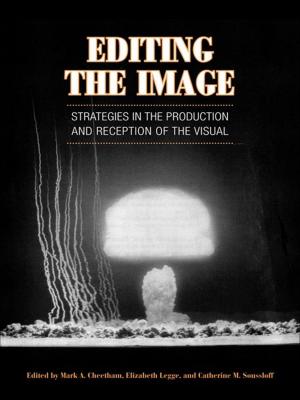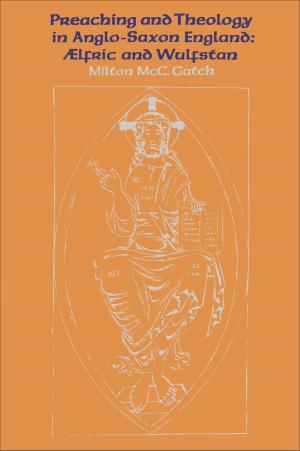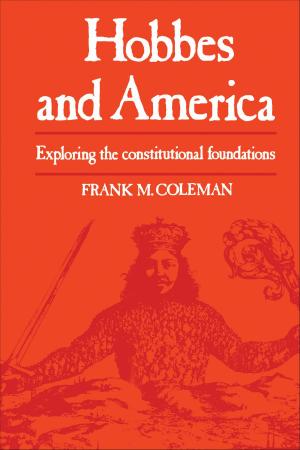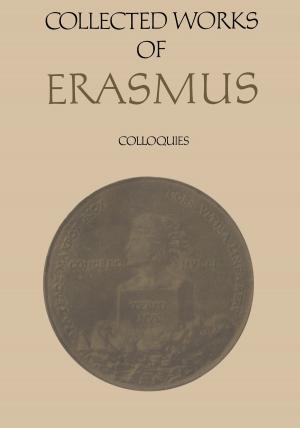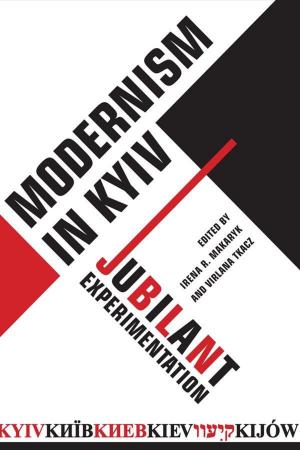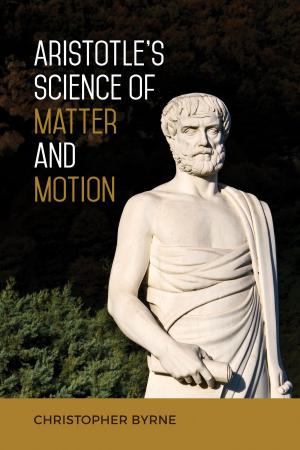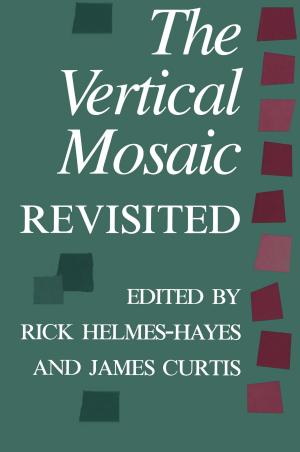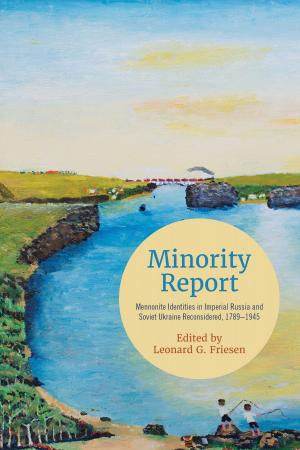The Imperial Russian Project
Autocratic Politics, Economic Development, and Social Fragmentation
Nonfiction, History, Eastern Europe, Asian, Russia, Social & Cultural Studies, Political Science| Author: | Alfred Rieber | ISBN: | 9781487511210 |
| Publisher: | University of Toronto Press, Scholarly Publishing Division | Publication: | January 18, 2018 |
| Imprint: | Language: | English |
| Author: | Alfred Rieber |
| ISBN: | 9781487511210 |
| Publisher: | University of Toronto Press, Scholarly Publishing Division |
| Publication: | January 18, 2018 |
| Imprint: | |
| Language: | English |
A pioneer in the field of Russian and Soviet studies in the West, Alfred J. Rieber’s five decade career has focused on increasing our understanding of the Russian Empire from Peter the Great to the coming of the First World War.
The Imperial Russian Project is a collection of Rieber’s lifetime of work, focusing on three interconnected themes of this time period: the role of reform in the process of state building, the interaction of state and social movements, and alternative visions of economic development. This volume contains Rieber’s previously published, classic essays, edited and updated, as well as newly written works that together provide a well-integrated framework for reflection on this topic. Rieber argues that Russia’s style of autocratic governance not only reflected the personalities of the rulers but also the challenges of overcoming economic backwardness in a society lacking common citizenship and a cohesive ruling class. The Imperial Russian Project reveals how during the nineteenth century the tsar was obliged to operate within a changing and more complex world, reducing his options and restricting his freedom of action.
A pioneer in the field of Russian and Soviet studies in the West, Alfred J. Rieber’s five decade career has focused on increasing our understanding of the Russian Empire from Peter the Great to the coming of the First World War.
The Imperial Russian Project is a collection of Rieber’s lifetime of work, focusing on three interconnected themes of this time period: the role of reform in the process of state building, the interaction of state and social movements, and alternative visions of economic development. This volume contains Rieber’s previously published, classic essays, edited and updated, as well as newly written works that together provide a well-integrated framework for reflection on this topic. Rieber argues that Russia’s style of autocratic governance not only reflected the personalities of the rulers but also the challenges of overcoming economic backwardness in a society lacking common citizenship and a cohesive ruling class. The Imperial Russian Project reveals how during the nineteenth century the tsar was obliged to operate within a changing and more complex world, reducing his options and restricting his freedom of action.

